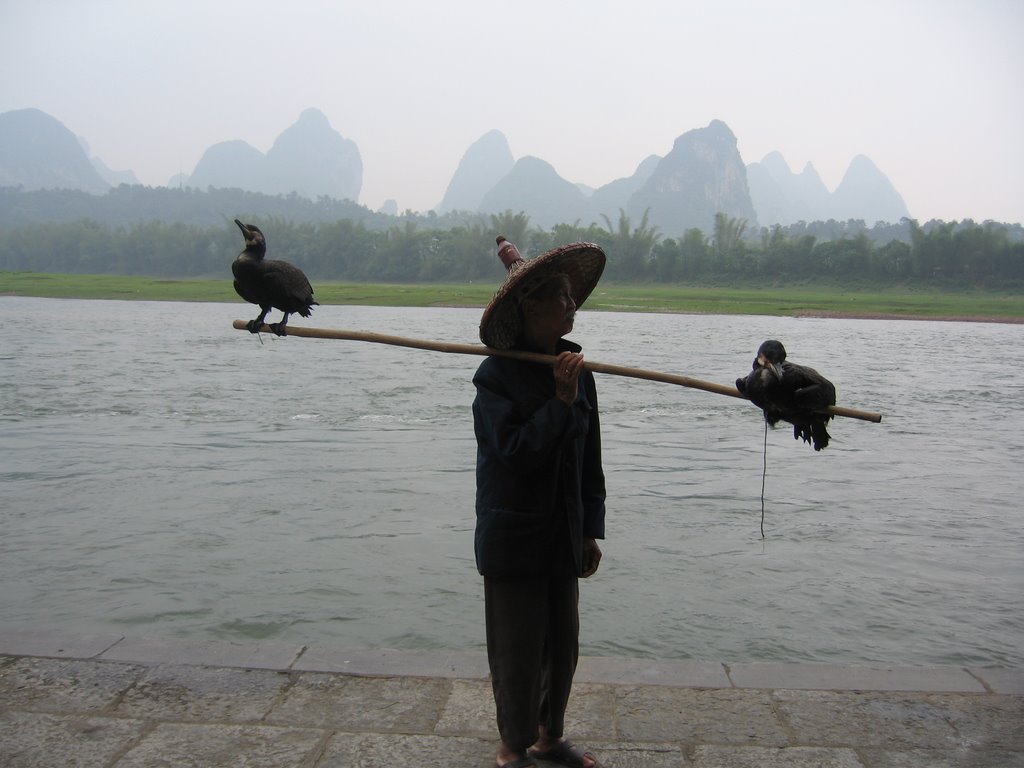Historically it is one of the wealthiest of China's cities, known at various periods for its great merchant families, poets, painters, and scholars. Its name refers to its former position as the capital of Yangzhou prefecture in imperial China.


The Yangzhou riot of August 22–23, 1868 was a brief crisis in Anglo-Chinese relations during the late Qing Dynasty. The crisis was fomented by the gentry of Yangzhou who opposed the presence of foreign Christian missionaries in the city, who claimed that they were legally residing under the provisions of the Convention of Peking. Threats against the missionaries were circulated by large character posters placed around the city. Rumors followed that the foreigners were stealing babies and killing them to make medicine.

The riot that resulted was an angry crowd of Chinese estimated at eight to ten thousand who assaulted the premises of the British China Inland Mission in Yangzhou by looting, burning and attacking the missionaries led by Hudson Taylor. No one was killed, however several of the missionaries were injured as they were forced to flee for their lives.
As a result of the report of the riot, the British consul in Shanghai, Sir Walter Henry Medhurst took seventy Royal marines in a Man of war and steamed up the Yangtze River to Nanjing in a controversial show of force that eventually resulted in an official apology from the Chinese government under Viceroy Zeng Guofan and financial restitution was offered to the C.I.M. but not accepted, to create goodwill among the Chinese. The house that they had purchased in the city was however restored to the mission. Hudson Taylor and other Christian missionaries in China at that time were often accused of using gunboats to spread the gospel. However, none of the missionaries had requested or desired the military intervention.
Poet Li Bai (c.700–762) wrote in Seeing Meng Haoran off to Yangzhou from Yellow Crane Pavilion:
- At Yellow Crane Pavilion in the west
- My old friend says farewell;
- In the mist and flowers of spring
- He goes down to Yangzhou;
- Lonely sail, distant shadow,
- Vanish in blue emptiness;
- All I see is the great river
- Flowing into the far horizon.

No comments:
Post a Comment